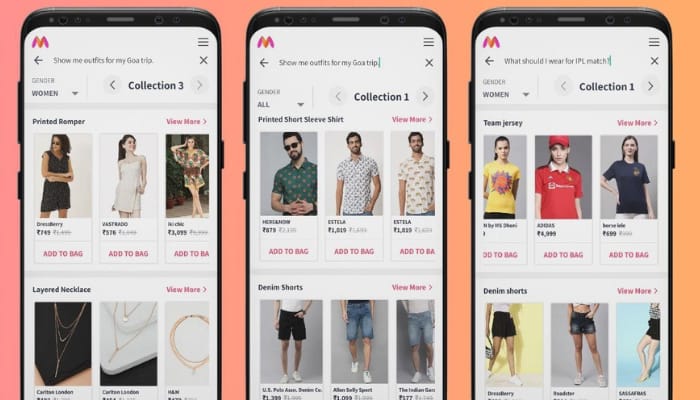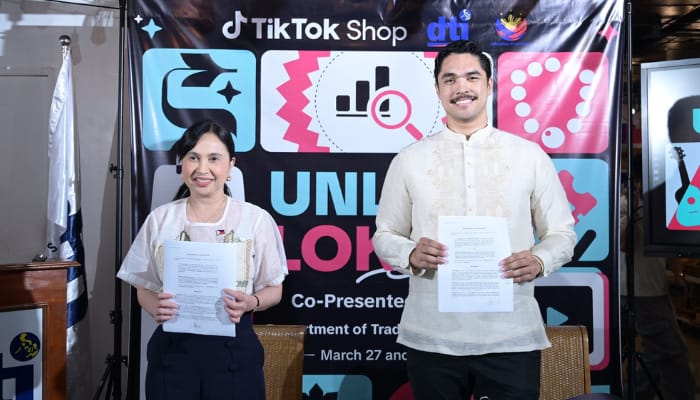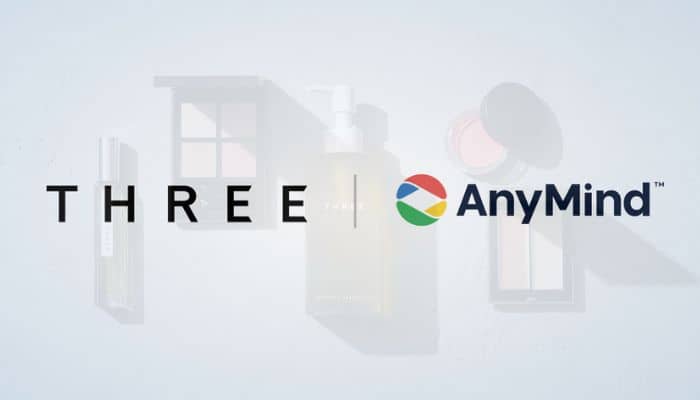Manila, Philippines – Digital-native retail platform Etaily has announced a strategic partnership with GroupM in a bid to help global and regional brands navigate and thrive in complex digital environments across marketplaces, direct-to-consumer platforms, social commerce, and offline retail.
In an exclusive interview with MARKETECH APAC, Alexander Friedhoff, founder and CEO at Etaily, the Etaily-GroupM partnership is designed to address one of the most pressing challenges faced by marketers today: maintaining brand consistency in a highly fragmented and fast-evolving retail landscape.
“Through this partnership, Etaily and GroupM bring together their complementary strengths to offer a fully integrated, end-to-end solution. Etaily contributes its commercial expertise, proprietary technology, fulfilment infrastructure, omnichannel operations, and influencer networks. GroupM, on the other hand, provides deep capabilities in data-driven media planning, buying, and performance optimisation.
In the context of the Philippine market, Alexander says that this partnership means that a one-stop shop is available for marketers that connects media, content, commerce, and operations, powered by real-time analytics and AI-driven decision-making.
“The result is a more unified and efficient approach to customer engagement, enabling brands to deliver consistent experiences, drive conversions, and build loyalty in a highly competitive and emotionally driven marketplace,” he said.
Alexander added, “This partnership not only streamlines execution across the funnel but also gives brands the strategic agility to scale effectively in a region where omnichannel behaviours are increasingly the norm.”
A unified offering to ease juggling of contracts and stacks
Alexander also detailed that with GroupM’s full-funnel audience planning, media buying and creator activation, a marketer’s flow now go straight into Etaily’s marketplace, livestreaming and D2C store management, inventory-driven promotions, fulfilment and pre- and post-purchase care.
“We cannot [continue] to treat traffic and conversion separately. In fact, for years, Philippine brands have treated media investment and commerce enablement as two separate jobs, run on separate platforms by teams that rarely exchanged data in real time,” he noted, remarking on the divide between media and commerce strategies amongst local marketers.
He also stated that in practice areas where both partners are active: retail-media activation, live-commerce production and affiliate tracking—the lead shifts fluidly to whichever side is best placed for the moment, so every move is guided by a shared, real-time view of the shopper.
“Because both teams read the same SKU-level signals, money spent on awareness is linked within minutes to gross merchandise value, margin, and customer-lifetime metrics. A spike in search clicks can prompt Etaily to surface stock, adjust a price, or push a voucher, and the resulting cart data loops straight back into GroupM’s campaigns,” he said.
For now, the Etaily-GroupM partnership will be first rolled out in the Philippines, where both companies share deep on-the-ground expertise. Alexander added that as Etaily grows its footprint across Southeast Asia, the intent is to extend this playbook market by market.
“In short, the Etaily-GroupM alliance replaces a relay race between media and commerce with a fully synchronised pit crew, keeping shoppers moving smoothly from “I just saw it” to “I just bought it”, and eventually to “I’m buying again”, he quipped.
The role of an effective commerce funnel
For Alexander, an effective commerce funnel is seen as crucial to enhancing e-commerce strategies, particularly in the rapidly growing and diverse Southeast Asian market, where capturing consumer attention is increasingly challenging.
He also stated that a well-designed funnel goes beyond just driving conversions—it also fosters customer loyalty and encourages advocacy. When implemented successfully, such journeys have the potential to transform into a kind of informal affiliate network, with satisfied customers naturally promoting the brand within their own circles.
“What marketers need to understand is that brands with a clear story and well-defined pathways to communicate that narrative gain a distinct edge. They’re able to tailor tactical marketing and sales executions across the funnel, reaching everyone from first-time users and brand loyalists to competitor switchers. This structured approach enables brands to move consumers seamlessly from awareness to repurchase, and eventually to advocacy,” he explains.
Alexander added, “In a region where peer influence and digital word-of-mouth are incredibly powerful, this kind of commerce-driven storytelling becomes a core growth engine. It’s not just about performance. It’s about turning transactions into relationships, and relationships into lasting brand equity. GroupM and Etaily bring proven strengths in these areas, and through this partnership, we aim to help brands optimise and elevate their commerce funnel.”
What’s next for commerce marketing in SEA
When asked what lies ahead for the industry in Southeast Asia, Alexander stated that the future of commerce marketing in the region is increasingly being shaped by the merging of media with commerce, and content with conversion, as the lines between sales and storytelling continue to blur.
He also noted that with the rapid evolution of digital platforms, the traditional linear journey from brand awareness to purchase is being replaced by more immediate, in-platform engagement and transactions.
“Etaily and GroupM see this as more than a trend; it’s the new standard. We’re responding by building a closed-loop commerce infrastructure where discovery, engagement, conversion, and fulfilment are seamlessly integrated. This anticipated shift and the challenges it presents prompted our partnership. Through this collaboration, we are embedding AI, real-time analytics, and full-funnel execution into one unified operating framework,” he explained.
Alexander stated that social media platforms like TikTok is often cited as a key driver of this change—what started as a channel for brand education has quickly transformed into a space where brand relatability and real-time purchasing are fueled by livestreams and short-form videos. This trend underscores a shift in consumer behaviour, where users now expect to discover, interact with, and shop from brands without leaving the platform.
“This blurring of lines between sales and marketing marks an exciting future, one where every brand interaction becomes part of a larger commerce-driven experience. For marketers and enablers alike, it’s no longer about driving impressions; it’s about delivering instant, measurable outcomes in every moment of the journey, and Etaily and GroupM are at the forefront of this movement,” he concluded.










